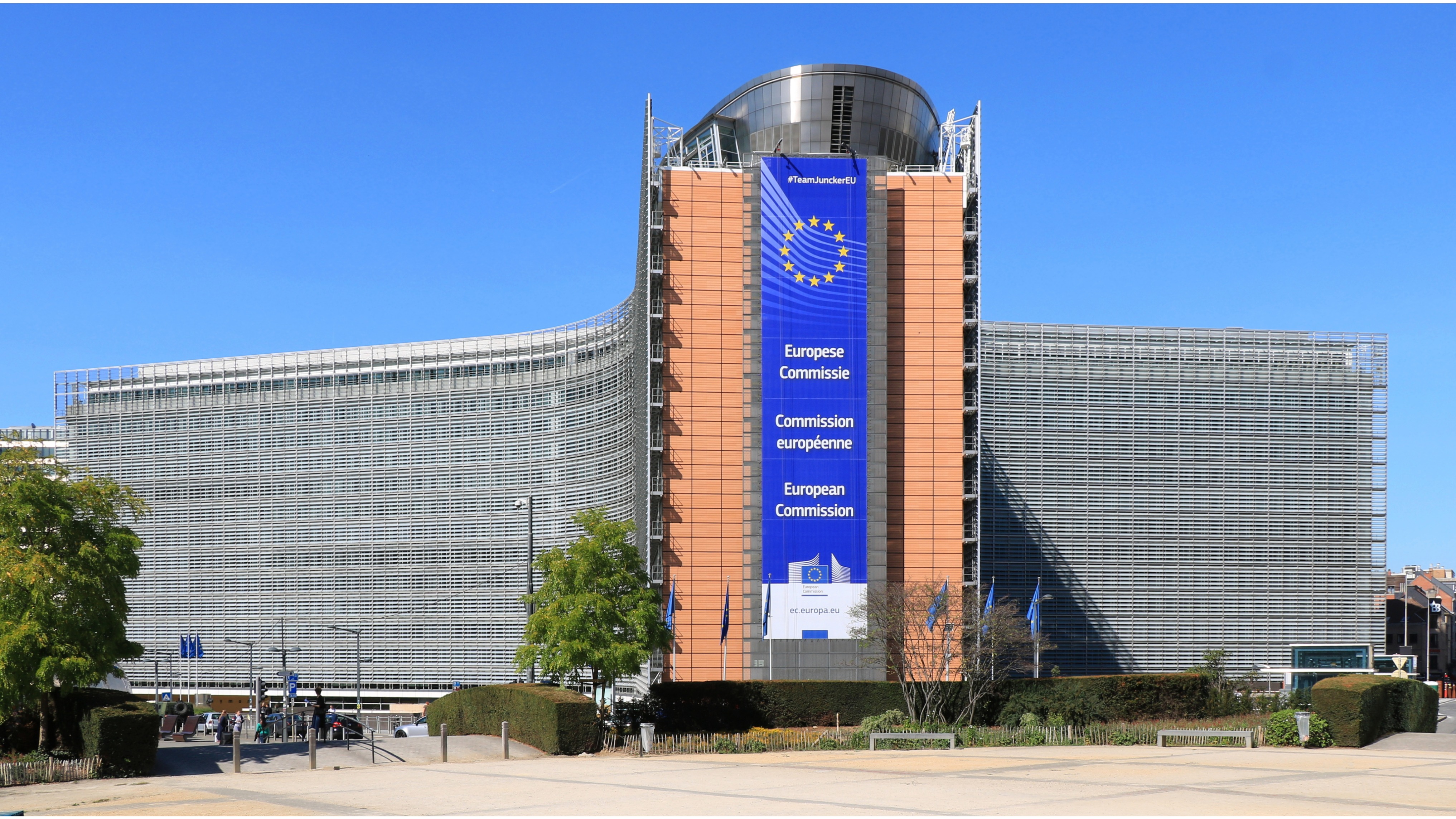European lawmakers on Wednesday endorsed a provisional agreement on the world’s first set of laws that would provide a regulatory framework for artificial intelligence technologies.
The EU AI Act, which has been in the works for three years, “aims to protect fundamental rights, democracy, the rule of law and environmental sustainability from high-risk AI, while boosting innovation and establishing Europe as a leader in the field” and establishes obligations for AI based on its potential risks and level of impact.
The regulation was approved by the vast majority of MEPs, with 523 votes in favour, 46 against and 49 abstentions. The next step is for the regulation to receive formal approval from EU countries in May, before coming into effect in early 2025 and applying fully in 2026.
The new rules ban certain AI applications that threaten citizens’ rights, including biometric categorisation systems based on sensitive characteristics and untargeted scraping of facial images from the internet or CCTV footage to create facial recognition databases.
Emotion recognition in the workplace and schools, social scoring, predictive policing (when it is based solely on profiling a person or assessing their characteristics), and AI that manipulates human behaviour or exploits people’s vulnerabilities will also be forbidden.
It will also restrict the use of biometric identification systems (RBI) by law enforcements in public spaces to cases where strict safeguards are met.
General-purpose AI (GPAI) systems, and the GPAI models they are based on, must meet certain transparency requirements, including compliance with EU copyright law and publishing detailed summaries of the content used for training. The more powerful GPAI models that could pose systemic risks will face additional requirements, including performing model evaluations, assessing and mitigating systemic risks, and reporting on incidents.
Companies that fall foul of the regulation risk fines ranging from 1.5-7 per cent of their global turnover.
EU industry chief Thierry Breton, said: "I welcome the overwhelming support from the European Parliament for the EU AI Act, the world's first comprehensive, binding framework for trustworthy AI. Europe is now a global standard-setter in trustworthy AI.”
Latest News
-
UK confirms October hack on Foreign Office systems as investigation continues
-
Deichmann launches new order fulfilment system
-
SoFi unveils 'first US' bank‑issued stablecoin
-
UK government to ban ‘nudification’ tools
-
Bank of England governor says AI will ‘displace jobs’
-
PornHub probes reported breach affecting premium users’ viewing data
The future-ready CFO: Driving strategic growth and innovation
This National Technology News webinar sponsored by Sage will explore how CFOs can leverage their unique blend of financial acumen, technological savvy, and strategic mindset to foster cross-functional collaboration and shape overall company direction. Attendees will gain insights into breaking down operational silos, aligning goals across departments like IT, operations, HR, and marketing, and utilising technology to enable real-time data sharing and visibility.
The corporate roadmap to payment excellence: Keeping pace with emerging trends to maximise growth opportunities
In today's rapidly evolving finance and accounting landscape, one of the biggest challenges organisations face is attracting and retaining top talent. As automation and AI revolutionise the profession, finance teams require new skillsets centred on analysis, collaboration, and strategic thinking to drive sustainable competitive advantage.
© 2019 Perspective Publishing Privacy & Cookies








Recent Stories